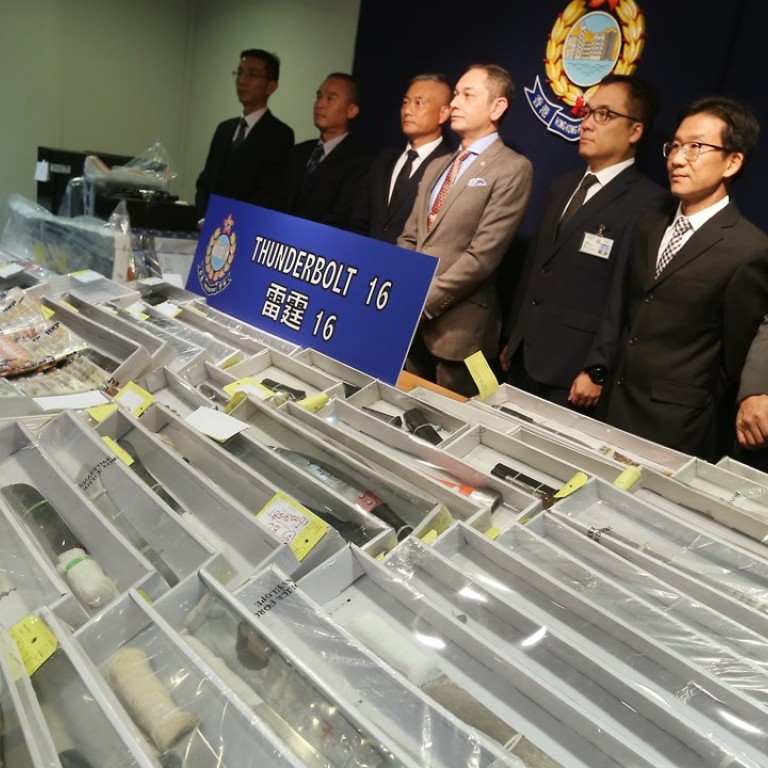
It’s time to reconcile one country, two legal systems
Hong Kong and mainland China must find a way to cooperate on matters of justice in an increasingly globalised environment
The relationship between Hong Kong’s legal system and its counterpart on the mainland is usually defined in terms of the differences between the two. This is understandable. The importance of preserving the city’s common law system, with its well-established principles such as judicial independence, right to a fair trial and judicial review, has long been recognised. The rule of law depends on this separate system being maintained.
These are welcome steps towards greater cooperation but they only relate to civil and commercial matters and are relatively limited in nature. Little progress has been made on criminal matters, such as the striking of a much-needed rendition agreement to provide a sound legal basis for the transfer of suspects. Yuen has pointed out that the differences between the two systems create serious challenges for legal cooperation. He is right. The priority must be to maintain Hong Kong’s legal system and rule of law. Caution is needed. But so is cooperation. Efforts to find solutions to these complex problems must continue.

